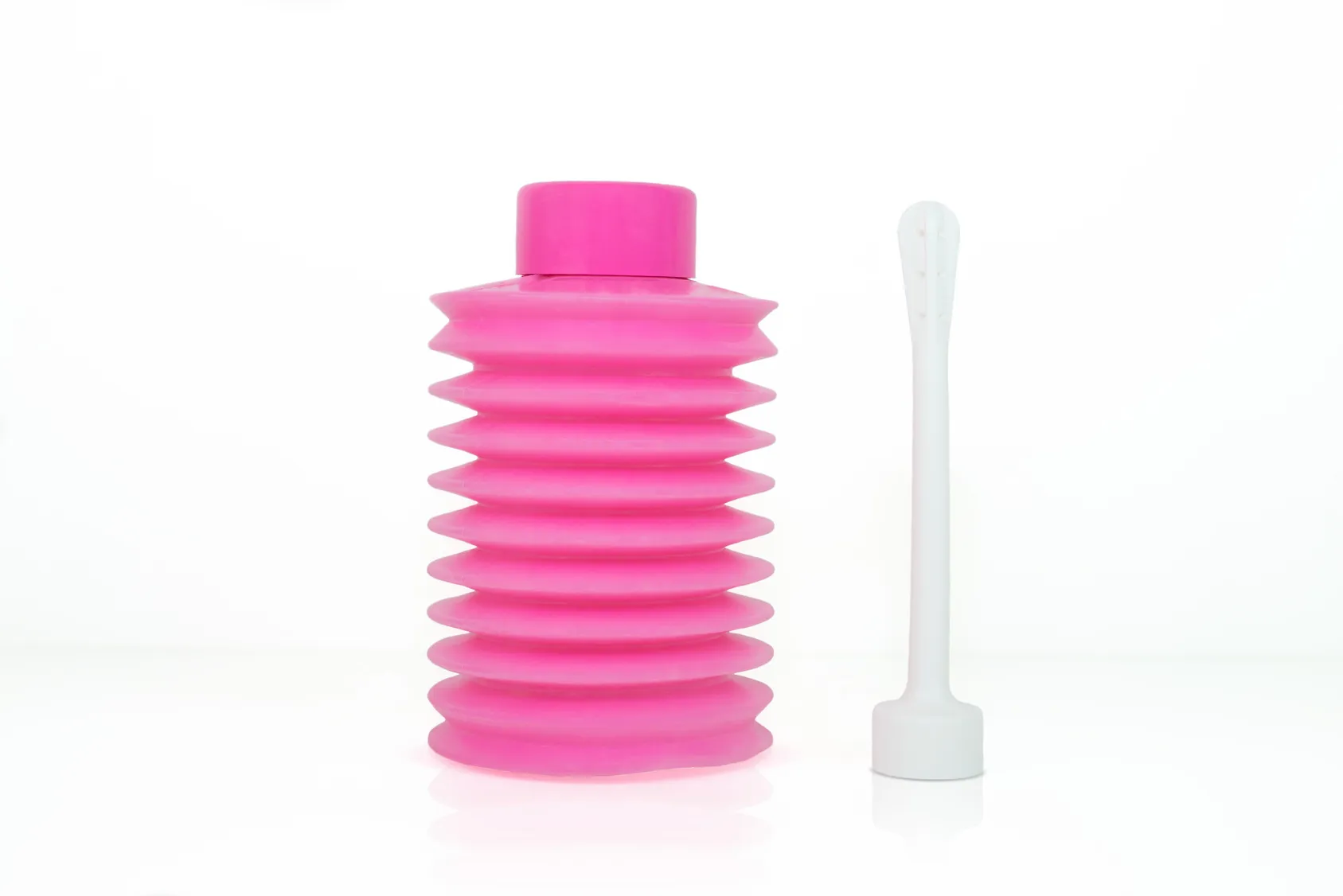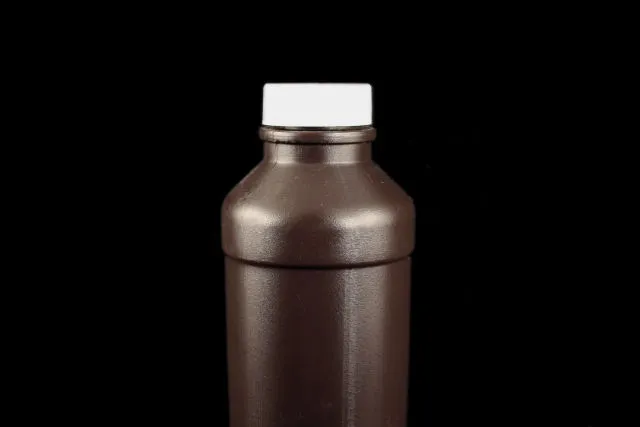For some women, vaginal hygiene and health is an awkward subject. But it really shouldn’t be. All women have vaginas and all women need to keep them clean and healthy. Not surprisingly, the two go hand in hand. But what constitutes a clean and healthy vagina?
Vaginal odor, a change in discharge color and any discomfort, such as itching or burning, should be assessed.
But before we get into why I put hydrogen peroxide on my vagina, here’s what you need to know about vaginal hygiene, and the do’s and don’ts for optimal health.
Don’t use commercial douches!

Vaginal douching is the process of cleansing the vagina internally with a liquid solution. It’s often used for personal hygiene after menstruation or sex. But here’s the thing: while douching may sound good in theory, it can cause more harm than good. Douching can lead to many health problems, including vaginal infection and even sexually transmitted diseases, suggests Womenshealth.gov.
Douching interferes with healthy vaginal flora and the natural acidity in the vagina. A healthy vagina needs good and harmful bacteria to maintain an acidic environment. This acidic environment will protect your vagina from irritation and infections. Moreover, douching can cause an overgrowth of harmful bacteria, leading to yeast infections, bacterial vaginosis (BV) and pelvic inflammatory disease, suggests a study from The University of Alabama.
Try a little hydrogen peroxide in your vagina instead

I know this sounds weird, but hear me out. Three percent hydrogen peroxide will leave your vagina clean, fresh-smelling and healthy. In fact, an Italian study conducted by the department of gynecology at the University of Naples found that douching with 30 milliliters of hydrogen peroxide every day for a week eliminated BV symptoms in participants.
The study, which included 58 women aged between 18 and 42 years old, were asked to douche with 30 milliliters of three-percent hydrogen peroxide in the evening for a week. A follow-up was conducted three months after the end of treatment. Researchers found that the use of hydrogen peroxide in vaginas eliminated the main symptoms of bacterial vaginosis, and in particular an accompanying bad odor in 89 percent of women.
Here’s why I use hydrogen peroxide
Hydrogen peroxide in the vagina is comparable to using metronidazole or clindamycin as a vaginal cream. Furthermore, during the study, hydrogen peroxide restored normal vaginal bacterial flora and pH in 100 percent of the study cases.
Practice good hygiene
A healthy vagina secretes some discharge every day, according to experts. Discharge may go unnoticed. But most women will secrete a white or clear, non-offensive discharge that changes within the month. To avoid infections, gynecologist Dr. Elizabeth Farrell suggests:
- Avoiding G-string underwear, which encourages the transport of bacteria from the rectum into the vagina.
- Choosing 100 percent cotton pads, tampons and liners.
- Changing your menstrual products frequently.
- Wearing breathable cotton underwear only.
- Making sure to change wet swimwear and sweaty leggings as soon as you can.
Don’t use petroleum jelly during sex
Lubrication is an important part of intercourse, but some women may not produce enough lubricant naturally. If that’s the case, never use petroleum jelly as an artificial lubricant, or even baby oil for that matter. Using artificial lubricants can cause inflammation and infections. Choose a high-quality, water-based natural lubricant instead.
Practice safe sex for vaginal health
Using a male condom or female condom each time you have sex protects against sexually transmitted infections (STIs). Latex and polyurethane condoms prevent viruses that cause STIs from entering the vagina. But, take note, animal skin condoms such as lamb skin will not protect you against viruses, according to WebMD.
Ask your sexual partner(s) to be examined by a doctor and treated if necessary. If you have an infection, avoid any sexual contact with other people until the infection has cleared.
Don’t use perfumed soaps and bath products
Vaginal irritation is very common among women, and most will experience it at least once in their lives. Some women are more sensitive than others. But, using perfumed soaps, shower gels or deodorants around the vulva and in the vagina can cause irritation. Moreover, it can progress into an infection.
Eat a healthy diet for a healthy vagina
Following a balanced, nutritious diet may be the key to a healthy vagina. For optimal pH choose a probiotic-rich diet that includes foods like Greek yogurt with live cultures and kimchi — a traditional Asian side dish made from salted and fermented vegetables. And if you’re prone to urinary tract infections (UTI), you may want to take a cranberry supplement daily.
Research also suggests that green tea has potent antimicrobial effects that could help eliminate UTIs. Green tea decreases bacteria and the risk of infection, suggests sexual health expert Dr. Carolyn DeLucia.
Drink plenty of water
Hydration is key for overall health. It’s also important for a healthy vagina. So, drink up! Enough water in the diet helps increase lubrication. It also allows secretions to be released and maintains the proper pH balance of vaginal tissues. In fact, according to research from the University of Miami School of Medicine, drinking an additional three pints of water a day could help keep urinary tract infections at bay.
— Katherine Marko
